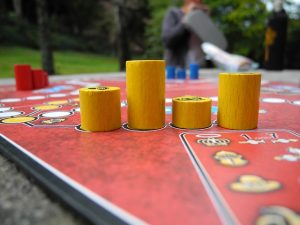
Develop Their Concentration
Board games can help develop concentration and increase the child’s attention span and all of which video games, along with social sites, tend to degrade their learning. Even simple board games offer life skills like your happiness can change instantly, for better or worse. If you are unhappy, you can be lucky and develop your potential by staying in the game just a little longer.
Guide Them to Succeed
Board games have clear rules and limits. In today’s multifaceted society, children need different boundaries to feel safe. Children accept board games with enthusiasm, so people must guide them in the challenge. If a game is little lived, our children are unfortunate; if they are encouraged, they are enthusiastic, even though we know it happened by chance. For children under 5, winning is essential for a sense of achievement. That is why I think it is particularly useful to help them to succeed.
Develop the Right Attitude
Around the age of 6, children should start adopting the basics of fair play, which is questionable, as it may seem to a losing child. I ask you to understand your child’s need for unique rules. At the beginning of the game, you may decide to address the question and play by the standard rules or rules. While we ultimately have to teach morality, rules, teaching skills, and the importance of playing by principle.
Become a More Responsible

As they grow older, children develop a more extraordinary ability to think with taste and integrate their correspondence, quantity, and understanding of words into word games or numbers. Children may prefer more challenging games such as chess at age six, which require and encourage preparation, strategy, decision-making, and critical thinking.